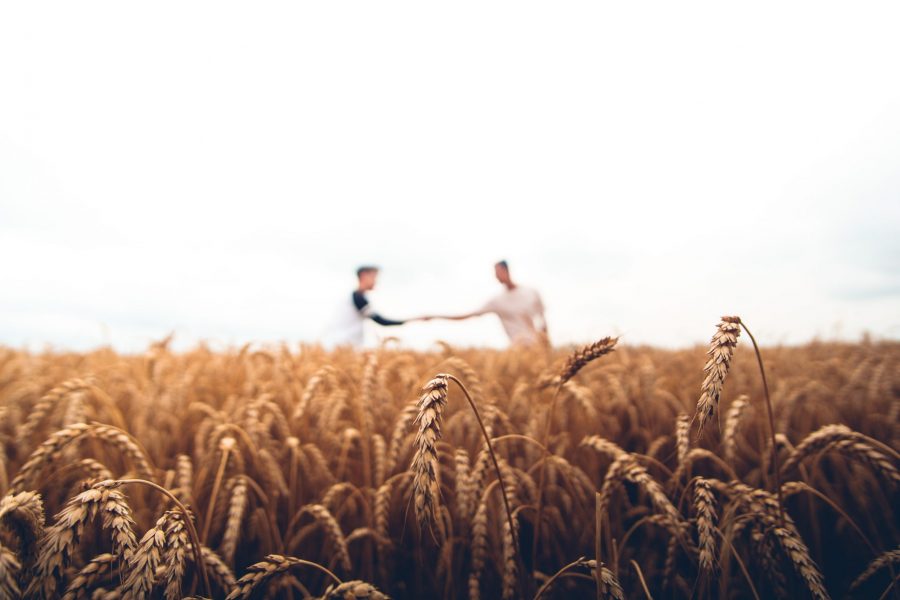Touching and wise, that fragile girl fleeing from the lava of a volcano in the Philippines, carrying a child almost as big as she was on her back.
A man said to her, on seeing her collapsed:
– You must be very tired with that weight!
She replied cleverly and spontaneously:
– He is not a weight, sir, he is my brother.
This statement, as dense as it is simple, is worthy of a revolutionary manifesto. In our family there is perhaps someone who has a bad temper, drinks too much, is a drug addict, is senile? That person is not a burden, he is my brother.
Thousands of Portuguese and many immigrants live in misery. Getting them out of such a situation requires sacrifices. But we cannot remain insensitive or consider them as a social burden. They are not a burden, they are our brothers.
All over the world, the elderly are thrown into old people’s homes or voted into neglect. It is easy to see them as an obstacle or a burden. They are not a burden, they are our parents and our grandparents.
The gap between rich and poor countries is widening. Around the world, millions of people are trying to survive on less than a dollar a day. There are calls for a new international order, a greater effort from the rich countries. Those unhappy people are not a burden, they are our brothers and sisters.
Looking at certain parts of the planet, we think with revolt: those wretches destroy everything in wars of madness and then reach out to the International Community to help them rebuild their countries. This is true. But it is also true that it is usually the rulers or the greed of great powers and foreign companies who are to blame for these wars; moreover, it is the innocent victims who pay for the mistakes. These men and women, young people and children, we do not consider them a burden, they are our brothers and sisters.
Accidents caused by the thoughtlessness of drunk drivers or fools who drive against the grain make me furious. The insane hatred between Palestinians and Israelis makes me scream at the sky. It bothers me when I hear about fraud and corruption, violence and other strange things.
But I have to think like the good people anyway:
“That man who goes there/ is surely my brother/ is not from mother or father,/ but from Eve and Adam”.
I got my hands on a book of poems collected by a university professor in Venice, originally from Cameroon. Some of them strongly challenge me:
“Who can shed/ black blood, / white blood, / half blood / Blood is not Indian, Polynesian or English / No one has ever seen / Jewish blood, / Christian blood, / Muslim blood, / Buddhist blood / Blood is neither rich nor poor nor remedied / Blood is red / Inhuman is he who sheds it / Not he who brings it” (Ndjock Ngana, Cameroonian).
“White friend, / When I was little, I was black. / When I became an adult, I am black. / When I am afraid, I am still black. / But you, white friend, / When you were born, you were pink. / When you grew up, you were white. / When you got sick, you turned yellow. / When you are afraid, you turn green. / When you die, you turn purple. / So, white friend, / Why do you call me coloured?” (Anonymous).
“Strip a man/ of the colour of his skin, / of the colour of his eyes / and you will see the colour of his mind, / the true colour of a human being” (Ndjock Ngana).
All human. All bearers of the beloved and noble human race.
In the face of this reality, what unites us is infinitely more than what separates us. “Just as X-rays make clothes, muscles and all that is not essential disappear, so also before this name of brothers and sisters and children of God everything else disappears and our human kinship becomes clear”. These are the exact words of the French Madeleine Delbrel.
In this light, we will not ask whether others are a burden to us; we will ask whether we are not being a burden to them.
Abílio Pina Ribeiro, cmf
(PHOTO: Warren Wong)






